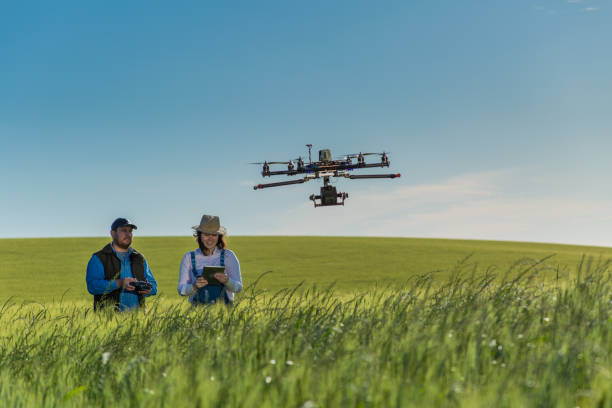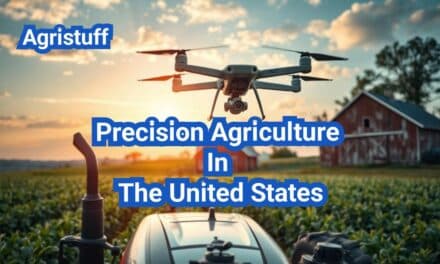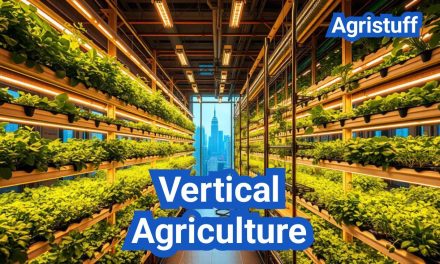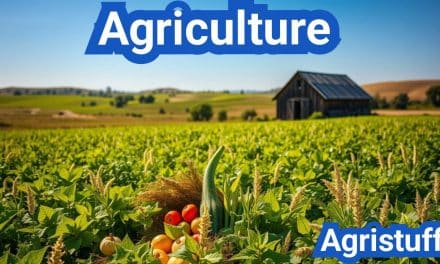Farming is more than just planting crops or raising livestock—it’s a dynamic business that requires strategic planning, innovation, and adaptability. By implementing effective farm management practices, leveraging technology, and adopting sustainable methods, farmers can significantly increase production and profitability. In this article, we’ll explore five actionable strategies to help you achieve these goals while staying ahead in the competitive agricultural landscape.
1. Effective Farm Management: The Foundation of Success
Farm management is the backbone of any successful agricultural operation. It involves a holistic approach that integrates crop rotation, soil health, disease control, and efficient resource utilization. By adopting modern farm management practices, you can enhance productivity, reduce waste, and maximize profits.
For example, crop rotation improves soil fertility and reduces pest infestations, while sustainable practices like agroforestry and controlled grazing minimize input costs. A well-managed farm not only boosts yields but also ensures long-term sustainability.

2. Leverage Technology for Smarter Farming
Technology is revolutionizing agriculture, making it easier to monitor crops, manage livestock, and optimize resources. Tools like GPS-guided tractors, drones for crop monitoring, and farm management apps provide real-time data to make informed decisions. For instance, analyzing weather patterns and soil conditions can help you determine the best time to plant or harvest, ensuring higher yields and better-quality produce.

More images and videos in our portfolio
3. Smart Financial Planning: Maximize Profitability
Farming is a capital-intensive business, and smart financial planning is crucial for success. Start by creating a detailed budget that tracks expenses and revenue. Invest in high-yield crops or livestock that align with market demand, and explore cost-effective farming techniques to reduce waste. Additionally, consider diversifying your income streams by venturing into agro-tourism or value-added products like organic jams or cheeses.
4. Sustainable Farming: Profitability Meets Responsibility
Sustainable farming practices are no longer optional—they’re essential for long-term profitability. Techniques like crop rotation, organic farming, and water conservation not only reduce costs but also appeal to eco-conscious consumers. By adopting sustainable methods, you can produce high-quality, marketable products while preserving the environment for future generations.
5. Innovative Marketing and Diversification
In today’s digital age, innovative marketing is key to reaching a wider audience. Use social media platforms to share your farm’s story, highlight your products, and engage with customers. Diversification is equally important—explore new revenue streams like agritourism, renewable energy, or value-added products. For example, a vineyard can diversify into wine production or host wine-tasting events to attract tourists.
Conclusion: Transform Your Farm for a Profitable Future
By combining effective farm management, cutting-edge technology, smart financial planning, sustainable practices, and innovative marketing, you can unlock your farm’s full potential. These strategies not only increase production and profitability but also ensure long-term success in an ever-evolving industry. Start implementing these tips today to secure a thriving future for your farming business.









